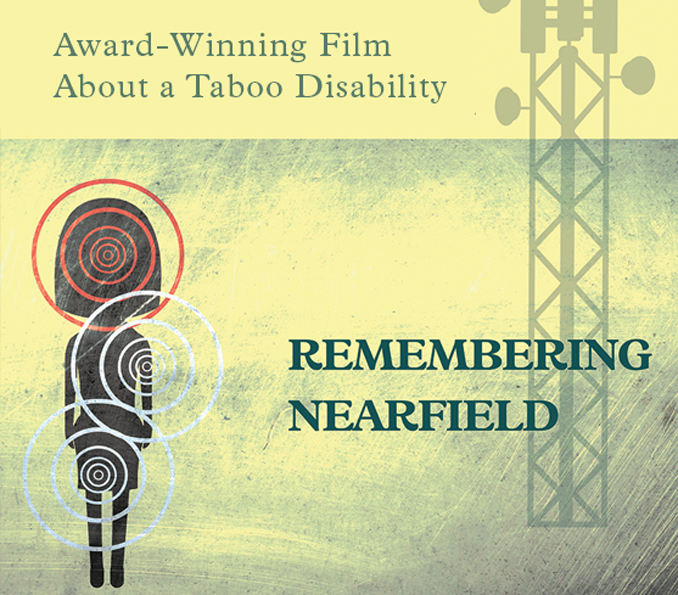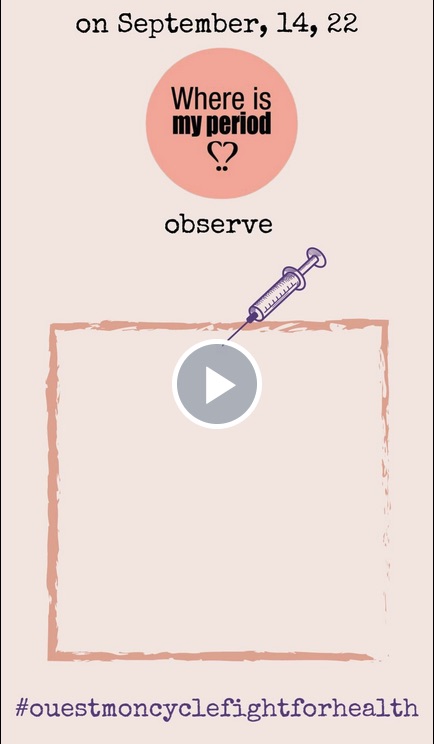Prof. Dr. Dolores Cahill is a renowned expert worldwide in high-throughput proteomics technology development and automation, high content protein arrays and their biomedical applications, including in biomarker discovery. Her team has achieved key breakthroughs in developing high-density protein and antibody array technologies and demonstrated their applications in biological and medical research. Prof. Cahill pioneered this research area at the Max Planck Institute of Molecular Genetics in Berlin, Germany, and holds several international patents in this vital field. She has received the prestigious BMBF BioFuture Award from the German Minister of Science, as well as the Federation of European Biochemical Societies 2009 Award, and co-founded Protagen AG to commercialize her discoveries. Prof. Cahill is Professor of Translational Science at the Conway Institute, School of Medicine and Medical Sciences at the University College Dublin.
Related reading:
Perspectives on the Pandemic | Professor Knut Wittkowski Update Interview | Episode 5











Excellent choice.
Thank God and thank you !!!!!!
From a subscriber:
As the debate begins as to how we as individuals, locales and the country as a whole should begin emerging from the response to what the World Health Organization has labeled the COVID-19 pandemic, I sense that the discussion has begun taking a potentially ugly turn. The message is coming from the media that if someone is not entirely on board with continued social distancing, comprehensive testing and contact tracing with mandatory quarantines, and vaccination with certificates of immunity, then they have a callous disregard for human life.
As a contribution to the conversation, I offer observations on the media and my personal experience in the prison where I am medical director for 2500 inmates. At the end I have included a link to a 66 minute video sent to me by a valued source for your consideration.
A news item today states that the county where my prison is located, “…has the highest per-capita coronavirus infection rate in the U.S” The county population is about 8000. We were the first prison in the state to do nasal swab tests on all 2800 inmates and staff; approximately half tested positive. I don’t know what percentage of the county denizens have been tested. I would guess it’s relatively small, but if you throw in the prison numbers it pushes us to the top spot. A second article in the local paper referring specifically to the prison says, “…the number of those actively sickened by COVID-19 puts the facility as the fifth largest coronavirus outbreak in the country as of Tuesday (5/12).”
From the above, a reasonable person could conclude that our medical staff has been inundated with hundreds of seriously ill inmates. First we must ask what the news media mean by “infection rate.” To a physician, to say someone is infected means that they are sick. Out of 2800 individuals, we have sent 8 to the hospital with pneumonia we think is due to SAR-COV-2. They are elderly with underlying chronic diseases. Two have died, one is critically ill, one is convalescing after having been very ill, three were just admitted and are stable, and one has recovered and returned to the prison. We will likely get additional serious cases, but currently the hospitalization rate is 2 ½ per thousand. While we are always saddened to lose anyone, these numbers are similar to what we as a country experience each year due to seasonal influenza.
98% of those that tested positive are without symptoms of any kind, and the remaining 2% have mild cold-type complaints. So the numbers tell us that having the virus in one’s nose on testing does not translate to serious illness for the vast majority of healthy individuals below the age of 65. The media translated a finding of virus in the nose to “infection” and “actively sickened.”
The past couple of weeks I’ve been conducting open sick call as in, “Here I am, who wants to see a doctor?” I’ve been to about half the housing areas and so far I have encountered no one who has been seriously ill. My colleagues report the same. I counsel a few who say they’ve lost their sense of smell and want reassurance they’re not going to die. And so far that’s it.
https://www.youtube.com/watch?v=Avc6_ftzk3w&t=1560s